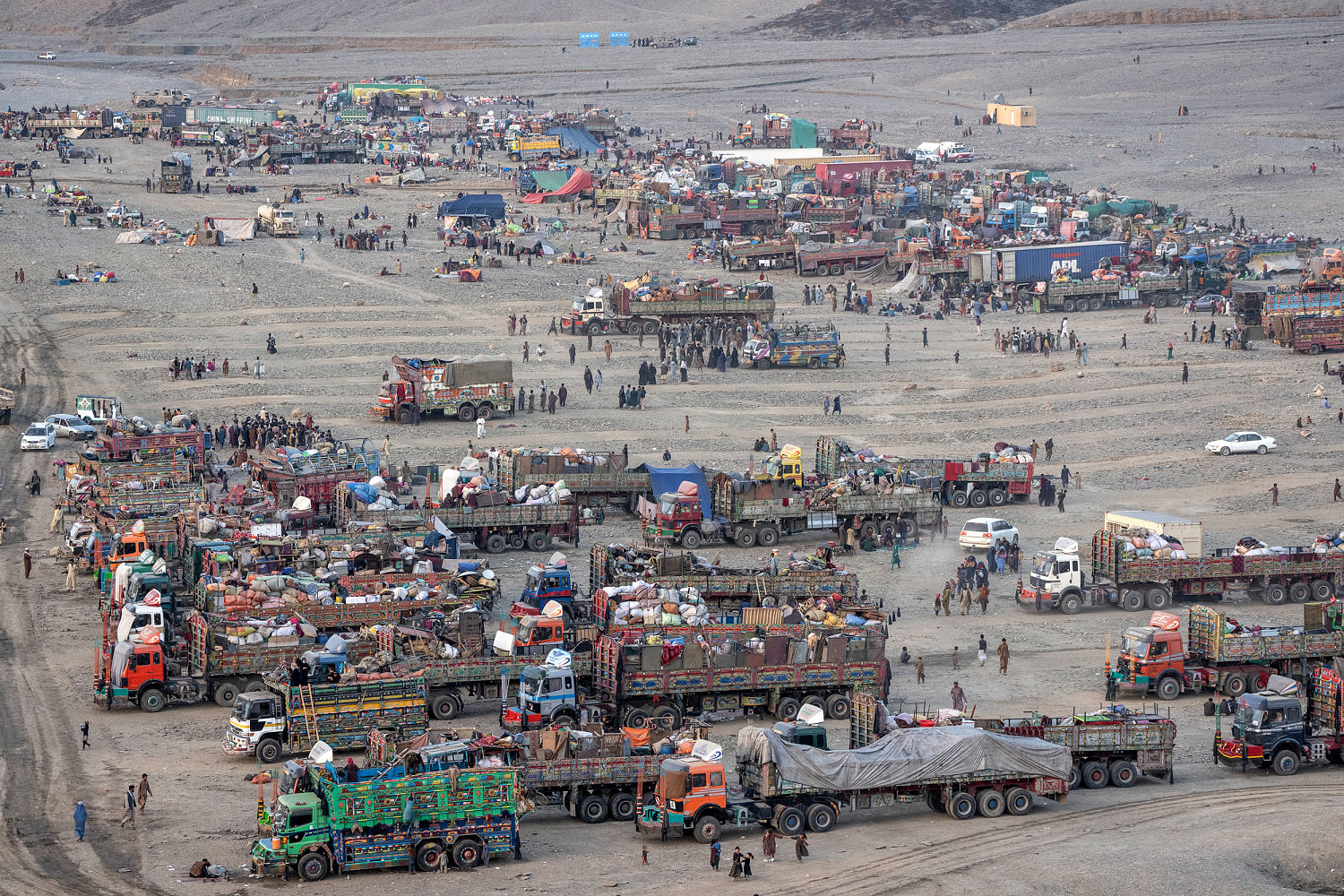The Many Unacceptable Risks of Trumps Oil Obsession
Filters
Sort by






























